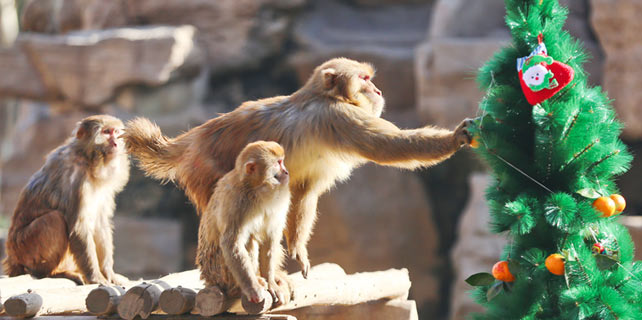Taobao back on US fake blacklist
Alibaba's Taobao e-commerce platform is back on the US Trade Representative's "Notorious Markets" blacklist as a haven for counterfeits four years after getting off, and Alibaba officials attributed the return to the "current political climate".
The USTR had warned Alibaba last year that the company needed to improve its anti-piracy measures to avoid inclusion on the list, and ultimately placed them back in a report released on Wednesday, saying that "current levels of reported counterfeiting and piracy are unacceptably high".
It recognized that Alibaba set up internal measures and programs to better facilitate take-down requests from intellectual property holders, but stated that ultimately attempts to report IP infringement are "refused inconsistently" and that denials of take-down requests contain "little to no justification".
Alibaba issued a statement expressing its disappointment over the company's inclusion on the list, saying that it ignores the "real work Alibaba has done against counterfeiters".
Michael Evans, Alibaba Group's president, said that in 2016 it proactively removed twice the number of infringing product listings as it did last year. "It is therefore unreasonable for the USTR to have concluded that Alibaba is less effective in anti-counterfeiting than when it reviewed our efforts in 2015 and when it removed us from its list four years ago," he said.
Evans said the USTR's decision "leads [Alibaba] to question whether the USTR acted based on the actual facts or was influenced by the current political climate," adding that it is inconsistent to the work Alibaba has done with brands.
Chinese Foreign Ministry spokeswoman Hua Chunying said: "The two countries should provide a fair and impartial trade environment for the activities of each other's companies."
Matthew Dresden, partner and lead IP attorney at Harris Bricken in Seattle, said he has clients working with Alibaba
to take down fake products, and that Alibaba has "absolutely made strides over the years" to combat complaints of persistent counterfeiting, and that "to say they have done nothing is false."
But "the problem hasn't been solved. Alibaba has taken all these steps and maybe they are taking down a lot of these
listings, but it's not any better for [the clients]. If they wanted to be more aggressive, they can be," he said.
Dresden said that his US and Europe-based clients who work with Alibaba on take-down requests often don't receive much information on why requests are rejected. "It's not as easy to remove [counterfeit listings] as it ought to be," he said.
Peter Yu, professor and co-director of the Center for Law and Intellectual Property at Texas A&M University, said that given Alibaba's efforts to strengthen IP protection, "they are understandably disappointed" by Taobao being back on the Notorious Markets List. "Nevertheless, we cannot overlook the major pressure the USTR has received from US brand owners, not to mention the continuous challenges Taobao faces in protecting intellectual property rights," he said.
Alibaba faced backlash this year from major brands after it acquired membership to the International AntiCounterfeiting Coalition, a trade group that represents many luxury brands. Brand members of the group, including Michael Kors and Alexander Wang, expressed concerns over the inclusion of Alibaba, and the membership category under which Alibaba was accepted was later suspended.
Jack Ma, the company's founder, got in more hot water after he said at an investor's meeting in Hangzhou that fake products are hard to curb because they are often made from the same factories that make legitimate products, making them "better quality and better priced" than real goods.
After critics said that Ma was trying to deflect blame from Alibaba, Ma responded in an oped in the Wall Street Journal in defense of his comments, saying that counterfeit goods are "absolutely unacceptable, and brands and their intellectual property must be protected."
amyhe@chinadailyusa.com
(China Daily USA 12/23/2016 page1)












